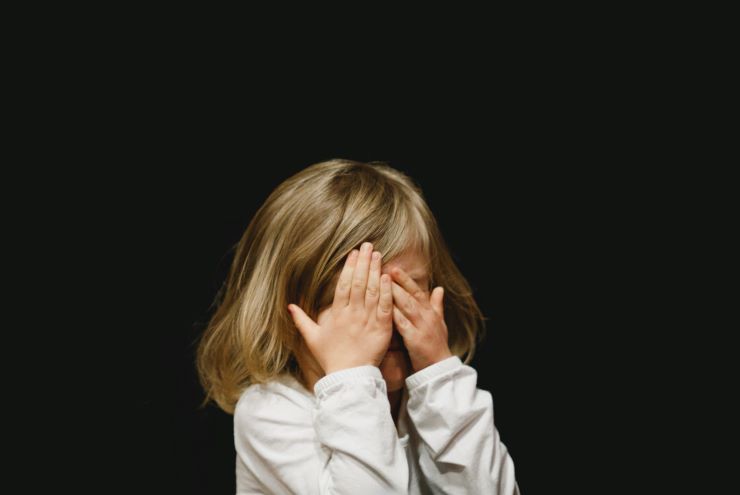If you missed the first symptom discussed in this series you can check it out here. It may also be helpful to view the introduction to this series: How Children Experience Anxiety.
Another not so obvious sign that your child may have anxiety comes via physical symptoms. A big one that I see often is stomach aches. Does your child complain of a tummy ache every day before school? Are they suddenly ill before a big event or a big change? Do they avoid eating in fear that they might throw up? If your child is frequently complaining that their stomach hurts, they may have anxiety. Some parents may mishandle frequent complaints of a stomachache as a call for attention but as discussed in previous weeks, the brain-body connection is a real thing. If you child’s brain is treating a false alarm as if it were real, then their stomach very well may physically hurt because they are so anxious. An anxious child may also suffer from constipation or frequent diarrhea. Again, this is a visceral example of the brain causing the body to either hold the bowels or completely relax based on anxious incoming cues. Often complaints of stomach pains or problems going to the bathroom are initially addressed as a medical issue or as something the child has eaten or may be allergic too. With these types of issues I definitely encourage keeping the child’s doctor well informed, but also consider the impact that anxiety may be having on the child.
A few other physical symptoms that your child may exhibit if they are dealing with anxiety include nail biting, skin picking, hair pulling, dry mouth, chapped lips, and biting or sucking on their lips. Nail biting is commonly understood as a nervous habit so it can be easily equated to underlying anxiety. In the same camp, skin picking, lip biting, and hair pulling provides an outlet for the underlying dysregulation that a child may feel. Interestingly, a dry mouth and chapped lips can be traced back to the limbic system and its role in fight, flight, or freeze. If the child’s amygdala is identifying danger, the child will not need to salivate in order to eat food because they need to survive, therefore their mouth and lips may be dry as a result.



Pingback: Commonly Missed Childhood Anxiety Symptom 3: Avoidance |